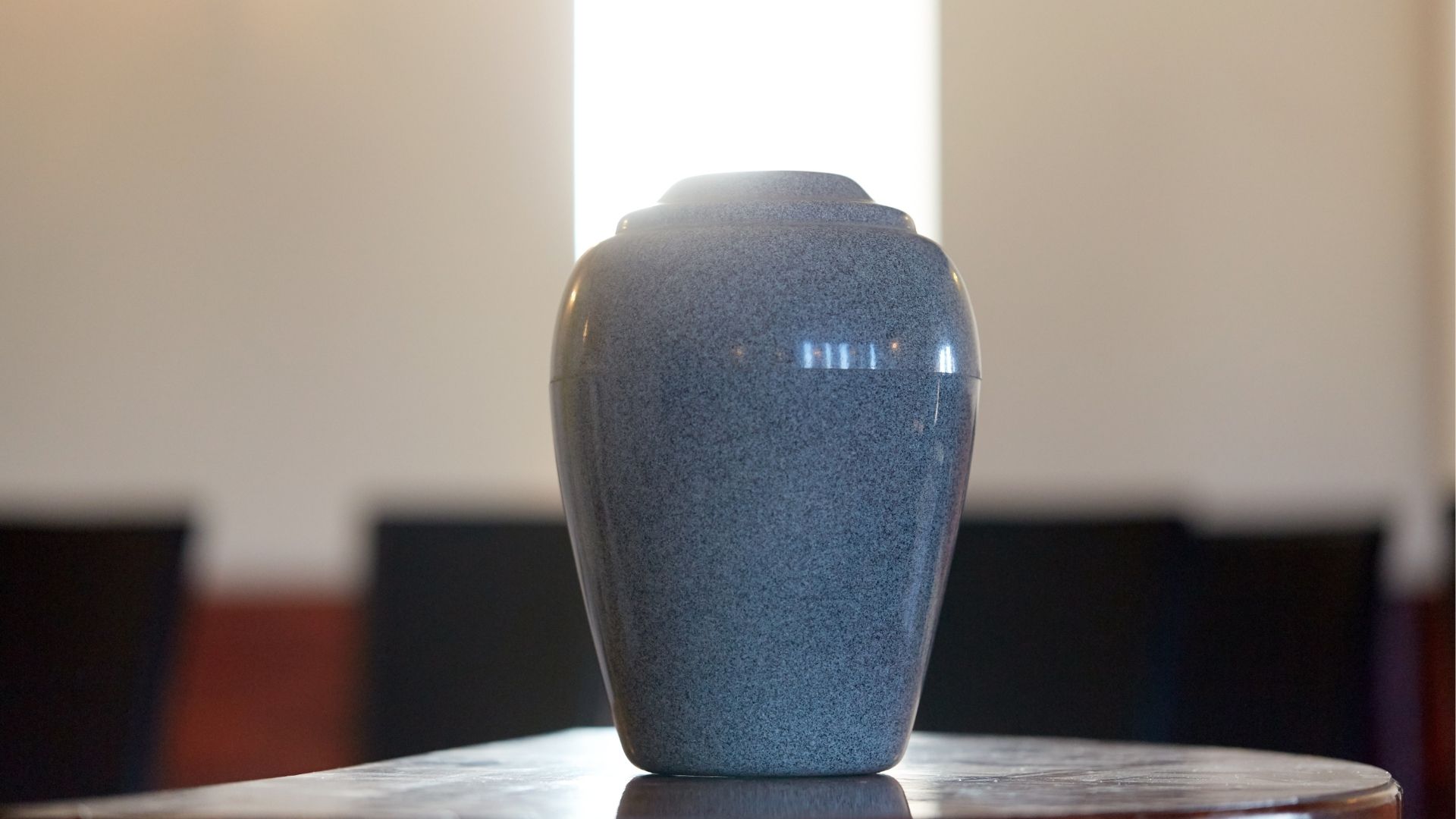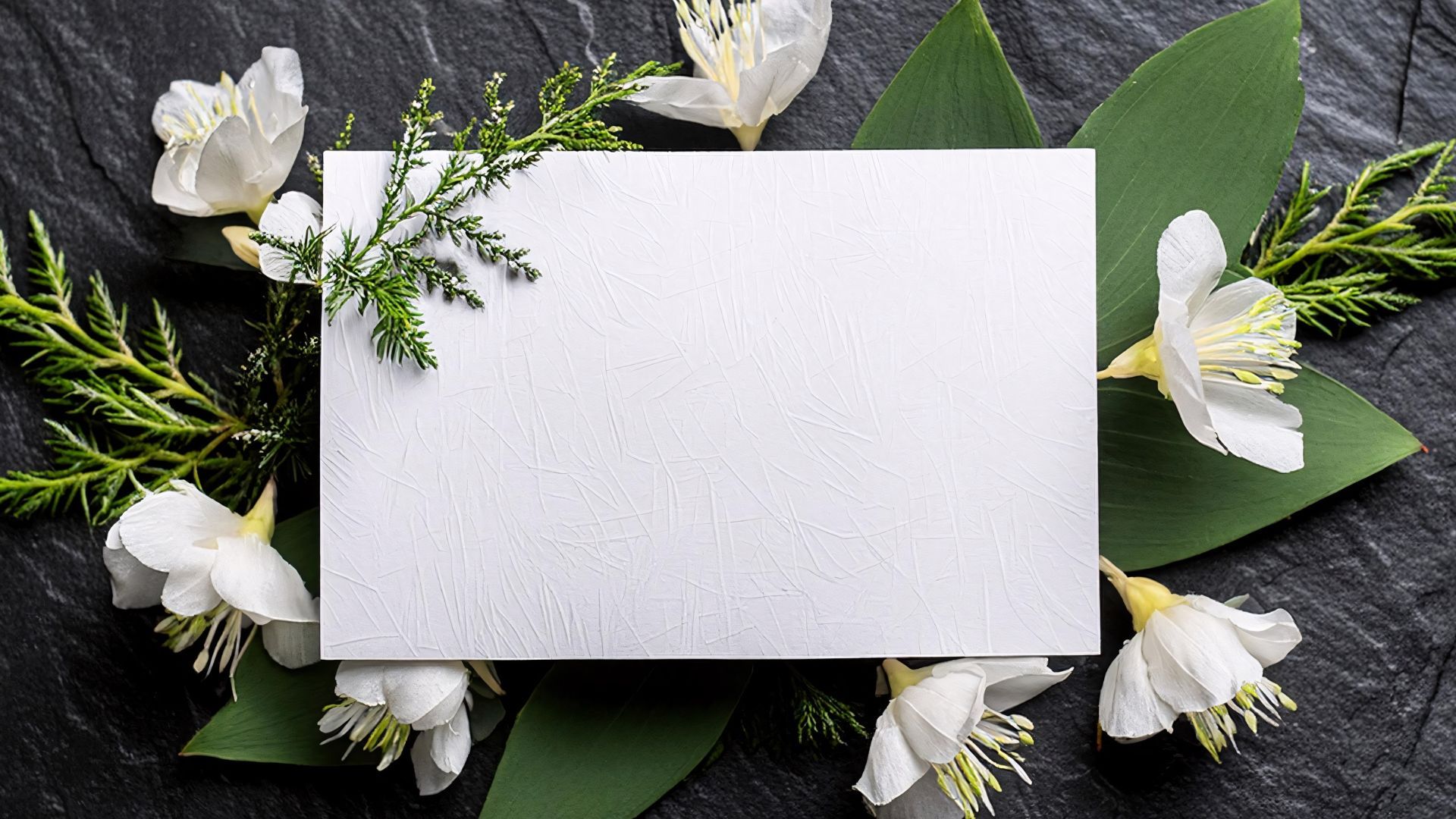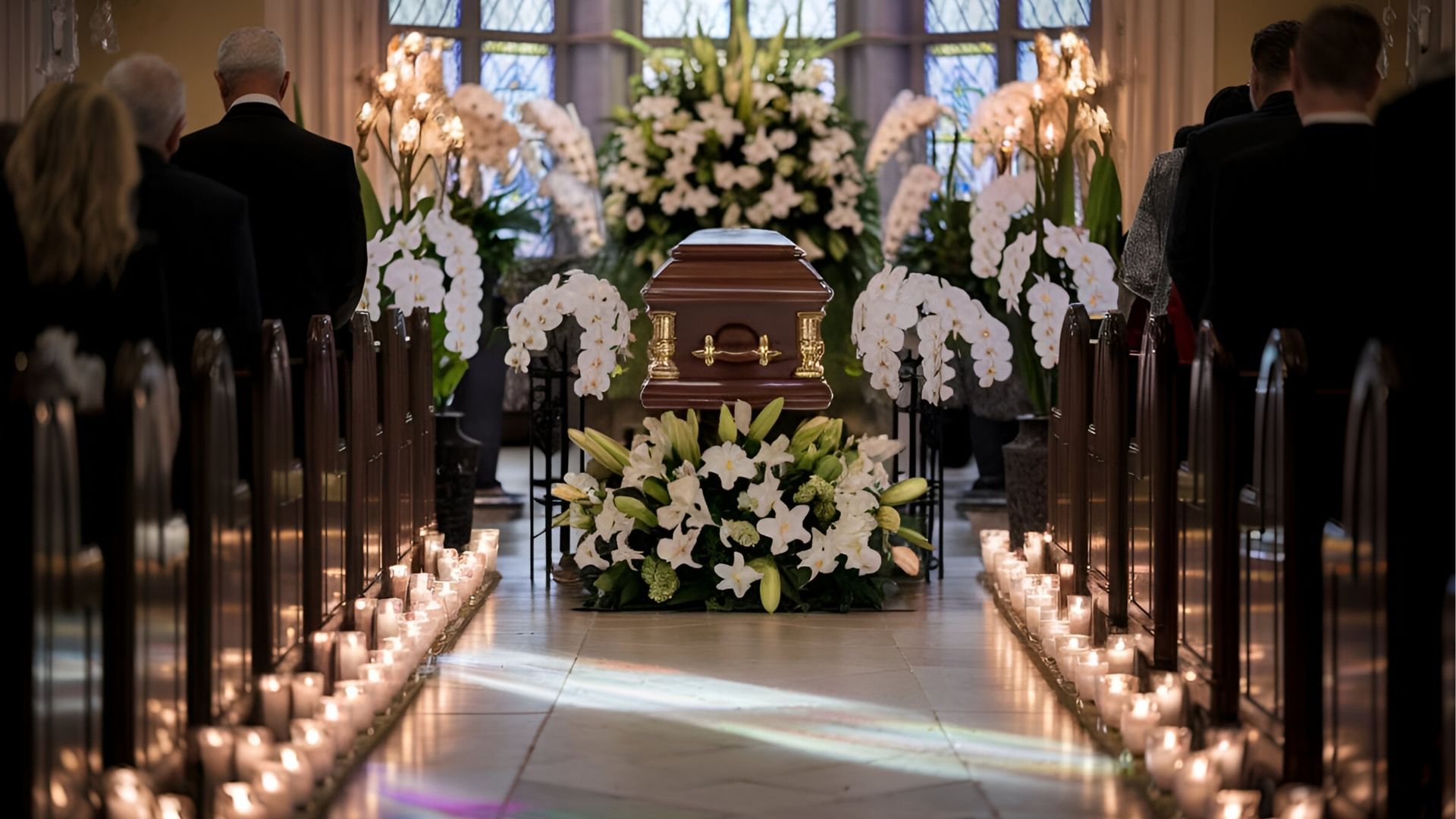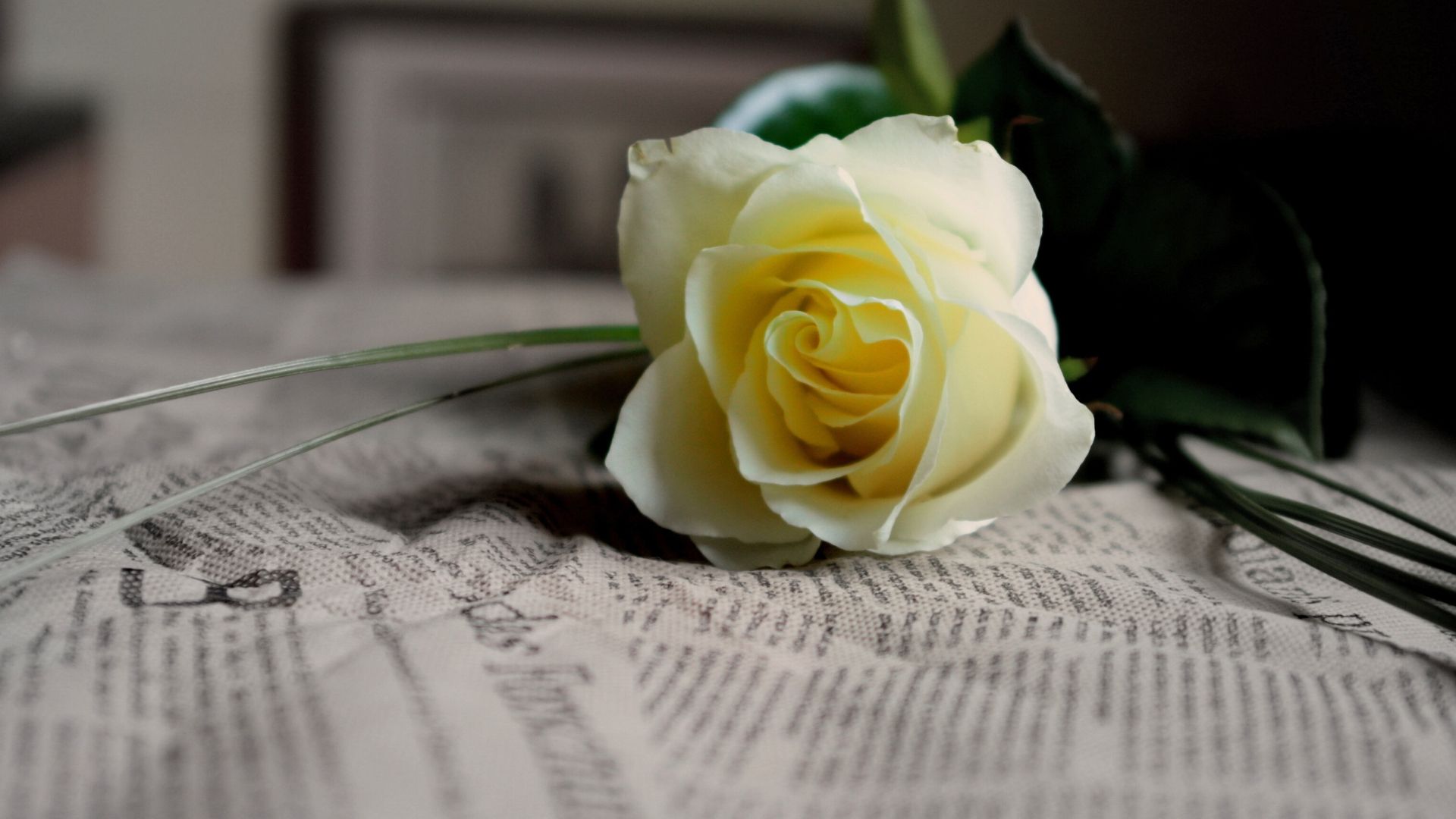Is there an alternative to burial or cremation?
Are you looking for alternatives to traditional burial or cremation? Discover other committal options here.
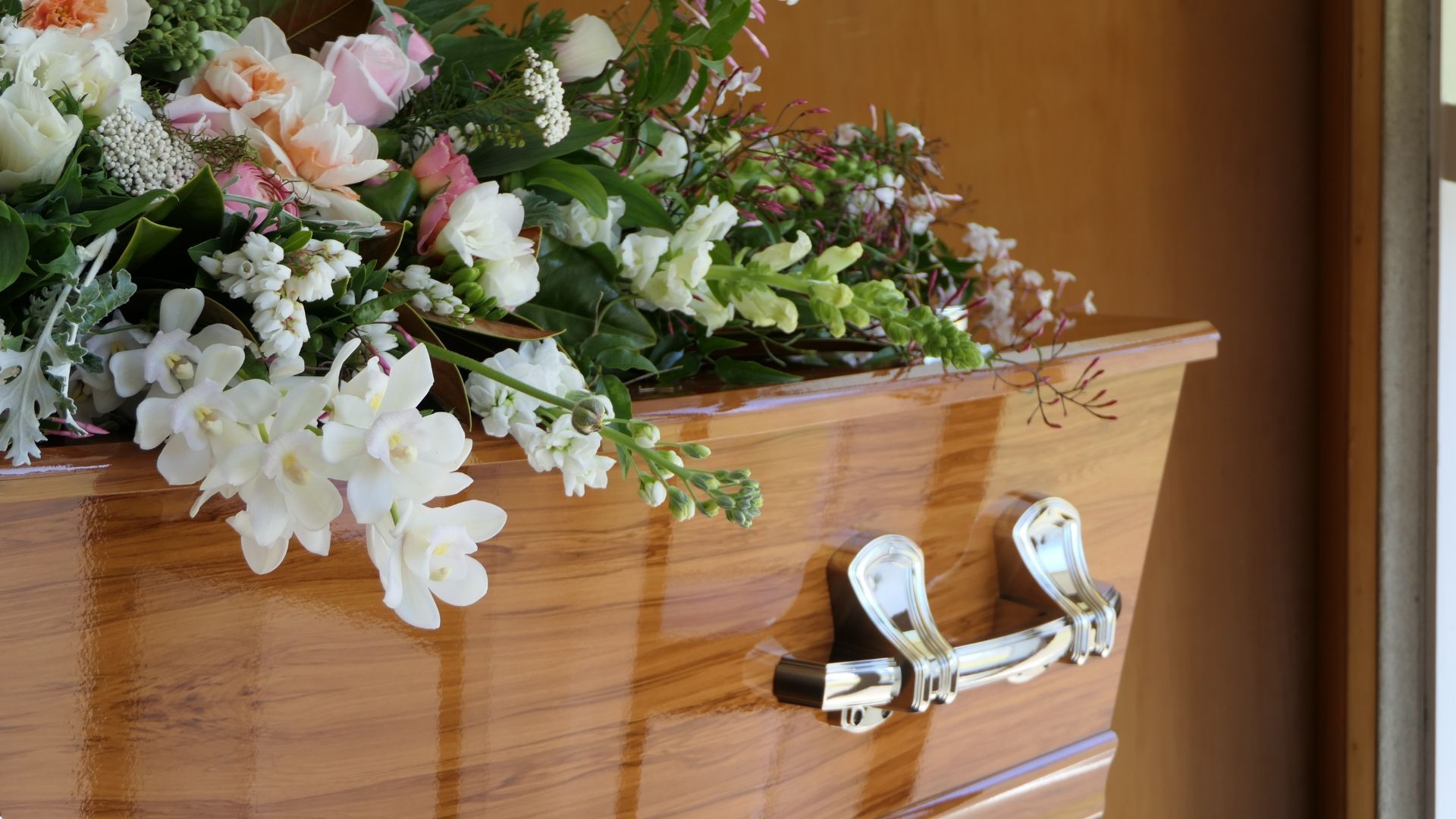
When arranging a funeral, two options spring to mind for most people: burial or cremation. However, these aren't your only choices.
Depending on the funeral you're planning – and how you feel about things like tradition and the environment – you may want to explore different options.
And you wouldn't be alone. According to YouGov research, 29% of UK consumers would choose alternative ways to put a person to rest if they were available.
Some alternatives to burial and cremation are already available in the UK. Others are quite new and are not yet widely offered.
Below, we look at some of these alternatives and explain how they work. We hope this helps you choose an option that feels right for you and the person who has died.
Natural burial
Natural burials are a more environmentally friendly version of traditional burials.
This type of funeral usually involves burying the person who has died in a biodegradable coffin within a natural setting like woodland or a meadow. The land is often protected and cared for – sometimes as part of a conservation project.
People choose natural burial for lots of different reasons.
Some feel natural burial grounds are more peaceful and personal than traditional cemeteries. Others choose it for environmental reasons. Natural burial often avoids things like concrete grave liners, headstones and embalming, which can harm the planet.
There are different kinds of natural burial grounds. Some are full woodlands with no visible grave markers. Others allow simple wooden plaques or natural stones. Many have strict rules about what coffins or clothes can be used.
Before choosing natural burial, it's worth thinking about:
- Location: most natural burial grounds are outside cities, so you may need to travel to visit them.
- Grave marking: you might not be able to mark the grave in a traditional way.
- Future visits: some people like the idea of being 'returned to nature'. Others find the idea of an unmarked or wild grave unsettling.
Natural burial can be kept very simple or form part of a full funeral service. Some people combine it with a direct burial (more on that below) or hold a memorial at a later date.
Direct cremation and direct burial
If you're looking for a simpler or lower-cost option, direct cremation or direct burial might be worth thinking about.
- Direct cremation means the person who died is cremated without a funeral service. There's no ceremony, and nobody can go to the crematorium. However, you can hold a memorial or celebration of life later if you want to.
- Direct burial works similarly. The burial takes place quietly without a service. Again, you can choose to hold a separate event at another time.
These options are not only more affordable. Some would also argue that they also give people more freedom. You're not tied to one day or place, and you can say goodbye in your own way, on your own time.
Some people find these options too quiet or impersonal. Others appreciate the simplicity and the chance to plan something that feels more 'them'.
Other alternatives (less common in the UK)
Some other funeral options are gaining interest but are not yet widely available in the UK. You might hear about them online or in the news. Here's a quick overview.
Aquamation
Aquamation is a process where a person's body is gently broken down using water and an alkaline solution. It's sometimes known as 'water cremation' or 'resomation'.
Aquamation is generally considered a greener option than cremation because it uses less energy and doesn't release carbon emissions.
The process is legal in the UK. Some funeral providers already offer it.
Terramation
Terramation is also known as 'human composting'. It involves turning the body into soil through natural processes.
Some people see it as a way of returning a person to the earth without burial or cremation. Its proponents say it's environmentally friendly, too, with one website claiming it saves up to 1.2 tonnes of carbon compared to traditional funerals.
Terramation is legal in some parts of the US but not yet in the UK.
Burial at sea
Burial at sea is legal in the UK and has been around for a long time.
One reason it isn't more popular is that the process can get complicated. You'll need a marine license from the Marine Management Organisation. And there are only a few approved locations where it can happen:
- Between Hastings and Newhaven
- Off The Needles, Isle of Wight
- Off Tynemouth, North Tyneside
The body must also be prepared in a specific way and placed in a special coffin.
People who choose burial at sea often do so for personal, cultural or religious reasons. It's not a common choice, but it is possible – and some funeral directors may be able to guide you through the steps.
If you like the idea of sea burial but don't want to go through the process, you might want to consider scattering the person's ashes at sea. You don't need a licence or permission to do this.
Which option is right for me?
That depends on many things, including your beliefs, your budget, your family and how you want to remember the person who died.
Here are a few questions that might help:
- Do you want a ceremony – or something quieter?
- Is religion or tradition important to you?
- Would you like to avoid harming the environment?
- How do you feel about cremation or about the idea of being buried?
- Do you want a permanent place to visit, such as a grave or plaque?
There is no one-size-fits-all answer. It's OK to want something simple. It's OK to want something spiritual. And it's OK to want something different.
Akshardham Funeral Directors is a team of independent London funeral directors. If you're interested in natural burial, direct cremation or direct burial, we can help you plan a funeral that feels right for you. Please call on 020 8355 7876 – our lines are open 24/7/365.



